Charlie Hebdo’s mockery of islam
Charlie Hebdo is a French satirical weekly newspaper. It mocks everything, including religions - Catholicism, Judaism, Islam, Hinduism. On the 3 November 2011, the cover of Charlie Hebdo read "100 lashes if you don't die of laughter!" paired with a cartoon of Muhammad. 3 years later, on 7 January 2015, two French Muslim brothers forced their way into the offices of Charlie Hebdo in Paris. They killed 12 people and injured 11 others. These brothers believed that depicting Allah in an image is sacrilegious, and mocking him in a cartoon is blasphemous, punishable by death. Many, however, feel that there is nothing so sacred we shouldn’t make jokes about it?
What do you think? Are there some things too serious to be the butt of a joke?
Trump’s sexual joke
On 9 November 2016, many supporters of Donald Trump began sharing this and similar tweets. There were many different versions, but most went along the lines of “Donald Trump grabbed that election by the pussy.” This, of course, is satirizing the extremely vulgar comments Trump made while talking to television personality Billy Bush of “Access Hollywood” on the set of “Days of Our Lives,” where Trump was making a cameo appearance.
Trump: Yeah, that’s her. With the gold. I better use some Tic Tacs just in case I start kissing her. You know, I’m automatically attracted to beautiful — I just start kissing them. It’s like a magnet. Just kiss. I don’t even wait. And when you’re a star, they let you do it. You can do anything.
Bush: Whatever you want.
Trump: Grab ’em by the pussy. You can do anything.
A friend of Real Talk told us that her father shared this tweet. And of course, she was shocked.
“You know I’ve been the victim of sexual assault,” she texted him. “How could you tweet something like that?”
To which her father replied, as you might expect, “Calm down, honey…… It’s just a joke.”
Common Arguments for “It’s just a joke”
Many argue that rape jokes are fine. They’re only jokes. They’re not hurting anyone. The comedians who make rape jokes clearly do not condone or perpetuate rape. Those who are offended obviously don’t have a sense of humor. They’re opinionated, sensitive, and dramatic.
Common arguments against “it’s just a joke”
On the contrary, some argue that sexist or racist comedy perpetuates harmful stereotypes and that sexual assualt and rape jokes normalise their acceptibility in society. They argue that jokes don’t have to be offensive to be funny. Dominant groups shouldn’t make jokes at the expense of marginalized groups. They say that comedians should only punch up, but never punch down, that jokes are just used to camouflage prejudice. Some even say that “it’s just a joke'“ is a form of gaslighting.
increases rape proclivity
Researchers have found that there is a correlation between rape proclivity and sexist jokes. “Rape proclivity” is a self-reported measurement reflecting a man’s willingness to rape a woman assuming he would not be caught. In a 2013 study conducted by Manuela Thomae and Viki Tendayi, they argue: If a person holds hostile sexist attitudes, then exposure to sexist jokes may create a situation which not only enhances tolerance of discrimination against women but also appears to elevate the propensity to commit rape.
Thomae and Tendayi discourage jokes that discriminate against women, saying that they “can create a circle of hostility and discrimination that culminates in physical violence against out-group members.”
In this study, Thomae and Tendayi used the following jokes:
Why are women like carpets?
If you lay them properly the first time, you can walk all over them for years.Why do women have small feet?
So they can get closer to the sink!How many women does it take to change a light bulb?
None, let her do the dishes in the dark.What is the best thing about a blowjob?
Ten minutes’ silence.
At college campuses
If we turn to college campuses, we can see real-life examples of the correlation between inappropriate rape humor and the heightened occurrence of sexual assault.
In 2012, CNN presented a video of Yale fraternity pledges chanting, “No means yes, yes means anal,” on campus outside female freshman dorm rooms. This was likely a joke. But statistics show that fraternity members are more likely than other college men to commit rape.
At St. Mary’s University, fraternity brothers gleefully decreed, “SMU boys we like them young. Y is for your sister, O is for oh so tight, U is for underage, N is for no consent, G is for grab that ass.”
These chants do not only exemplify the apathetic attitude these young men have towards non-consensual sex, but the communal chants also spread apathy amongst group members. It’s likely that many of these men would not have chanted such words on their own. But they were persuaded by their fellow pledges. The power of peer pressure is real. Even some female students participated in these chants.
Here is a freshman caught on tape singing an offensive chant that promotes rape and underage sex at FROSH (orientation) week in Saint Mary's University in Halifax, Nova Scotia, Canada. The video was briefly posted on Instagram before it was taken down and discovered by the Canadian media.
Jokes have real power. They’re used in therapeutic settings to de-escalate the intensity of an experience or a memory. But aren’t there some experiences, some memories that should stay escalated?
Another example of such a topic is The Holocaust. Is this not something we should consider too serious to deflate with humor?
For example: Why didn’t the Jews in Germany fight against the Nazis? There was too little interest.
Role of holocaust jokes
If the role of humor is to deflate the severity of an experience, then making jokes about the Holocaust expresses that the teller of the joke considers the Holocaust to have been an ultimately inconsequential experience. And remember, laughter is contagious. By telling rape jokes or Holocaust jokes, we may be spreading a mindset that these things shouldn’t be taken seriously.
Israeli friends of the Forum agree; holocaust jokes are dangerous. But, many maintain that there is one group of people who are allowed to tell holocaust jokes - Jews. Just as victims of sexual assault can find it extremely therapeutic to tell jokes about their experience, many Israelis find it therapeutic to tell jokes about the Holocaust, to lighten the burden, to overcome the PTSD, to deflate the severity of the memory of the experience that defines their culture and the Israeli nationality.
So, the belief then is that Jewish people need holocaust jokes to deflate the seriousness of the holocaust in order to survive, but non-Jewish people need to remember the severity of the holocaust, and therefore can not deflate it with a joke (just as survivors of sexual assault can use jokes to deflate the severity of their experience, while everyone else should avoid them).
Conclusion
So perhaps it’s too simple to simply say that these sorts of jokes are dangerous or unethical. Perhaps the morality of a joke is dependent on context. Perhaps, like many tools, jokes can be used for good or for evil. Or maybe you disagree. Maybe you believe that all sexist and otherwise politically incorrect jokes are unethical regardless of who’s telling them. Or perhaps you believe that there’s nothing too serious to not be made fun of.
That’s for you to decide.












